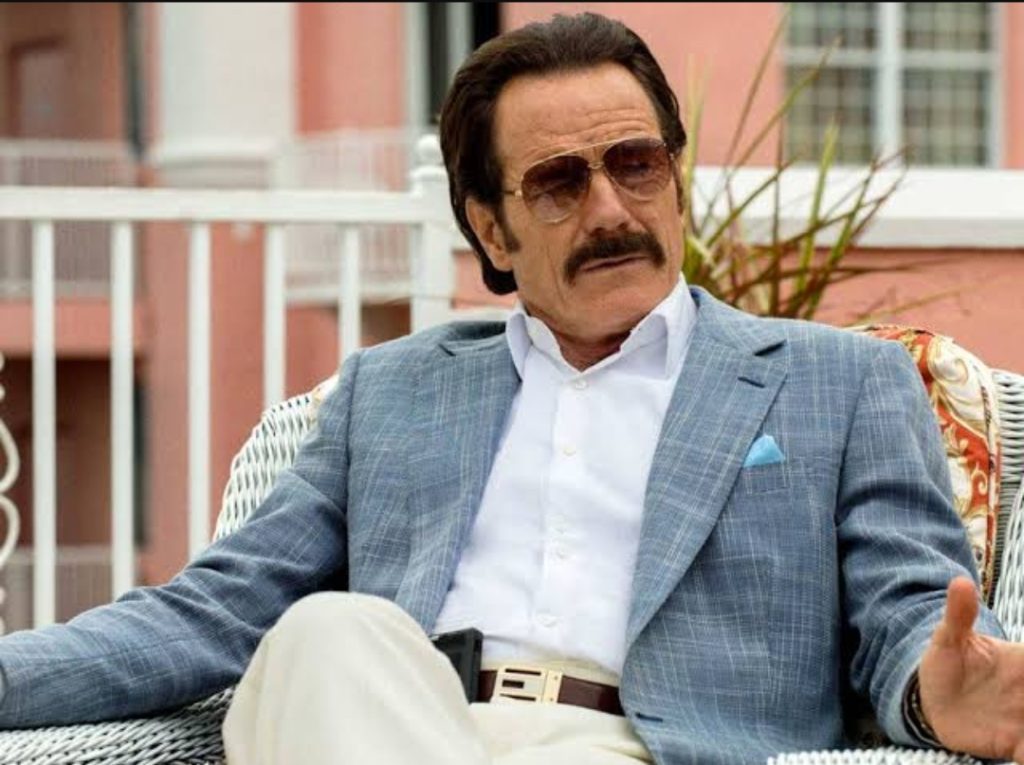Robert Mazur’s career is best known for his pivotal role in law enforcement, particularly in the fight against drug trafficking and money laundering. He served for over 25 years as a federal agent with the Drug Enforcement Administration (DEA). His career as an undercover operative, however, is where he truly made a lasting impact. He became renowned for infiltrating high-level criminal organizations, most famously the Medellín Cartel led by Pablo Escobar. Mazur’s undercover work contributed to the dismantling of major international drug trafficking networks, and his efforts in exposing the laundering of cartel profits set the stage for major changes in how financial institutions approach illicit activity.
Mazur’s most famous operation was Operation C-Chase (1984-1986), a multi-year undercover investigation that targeted the money-laundering activities of the Medellín Cartel. Posing as Bob Musella, a wealthy businessman with ties to organized crime, Mazur gained access to major players in the drug trade and their financial networks. Throughout the operation, he worked with other agencies, including the FBI and the U.S. Treasury Department, to track the flow of cartel money through U.S. banks and other financial institutions. The operation led to the identification and dismantling of a sophisticated money-laundering scheme involving corrupt bankers, business owners, and middlemen who were facilitating the movement of drug money.
Mazur’s undercover role as Bob Musella was both dangerous and psychologically demanding. He infiltrated the criminal underworld by blending in with high-level drug dealers, bankers, and businessmen who were involved in laundering millions of dollars. He regularly interacted with cartel operatives and their associates, gaining their trust and becoming a key player in their financial dealings. In total, his work resulted in the seizure of millions of dollars in illicit funds, the arrest of over 100 individuals, and the confiscation of numerous assets linked to organized crime.
One of the most significant outcomes of Mazur’s work was the exposure of the corruption within the banking system. During his undercover operations, Mazur discovered that major U.S. banks and financial institutions were being used to launder money for cartels. This revelation led to a greater focus on the financial aspects of criminal enterprises, highlighting the need for stronger regulations and oversight of banking practices to prevent money laundering. The findings from Operation C-Chase were instrumental in pushing for legislative and regulatory changes, including the Bank Secrecy Act and the Anti-Drug Abuse Act of 1986, which increased penalties for money laundering and required banks to establish stricter compliance protocols.
After his successful undercover operation, Mazur became a sought-after expert on the subject of money laundering and financial crimes. He retired from the DEA in 1988, but his work did not end there. He transitioned into a career as a consultant for financial institutions, law enforcement agencies, and government bodies, advising them on how to prevent and detect money laundering and other forms of financial fraud. His experience and insights were particularly valuable in shaping the way the financial industry responded to the growing threat of criminal organizations exploiting financial systems for illicit gains.
In addition to his consulting work, Mazur became a prominent public speaker on the topics of financial crime, anti-money laundering practices, and the battle against organized crime. He frequently spoke at conferences, workshops, and seminars aimed at educating law enforcement and financial professionals on the complexities of money laundering and its impact on global security. His first-hand knowledge of the inner workings of criminal organizations and their use of financial institutions gave him a unique perspective on the vulnerabilities in the system and the steps needed to address them.
Mazur’s expertise in the area of money laundering and financial crimes culminated in the publication of his memoir, The Infiltrator: My Secret Life Inside the Dirty Banks Behind Pablo Escobar’s Medellín Cartel, in 2009. The book chronicles his experiences as an undercover operative, providing an inside look at the dangers, deception, and moral challenges he faced while infiltrating one of the most notorious criminal organizations in history. The memoir was well-received and later adapted into a film in 2016, where Bryan Cranston portrayed Mazur. The film brought renewed attention to his work and the legacy of Operation C-Chase.
Beyond the book and the film, Mazur’s work continues to influence the fight against money laundering and organized crime. He has advised various government agencies, including the U.S. Department of Justice, and international bodies on strategies to combat financial crimes. His career has left an indelible mark on both law enforcement and the financial sectors, helping shape global anti-money laundering policies. Through his work, Mazur has demonstrated the vital role that financial intelligence plays in the fight against organized crime, terrorism, and corruption.
